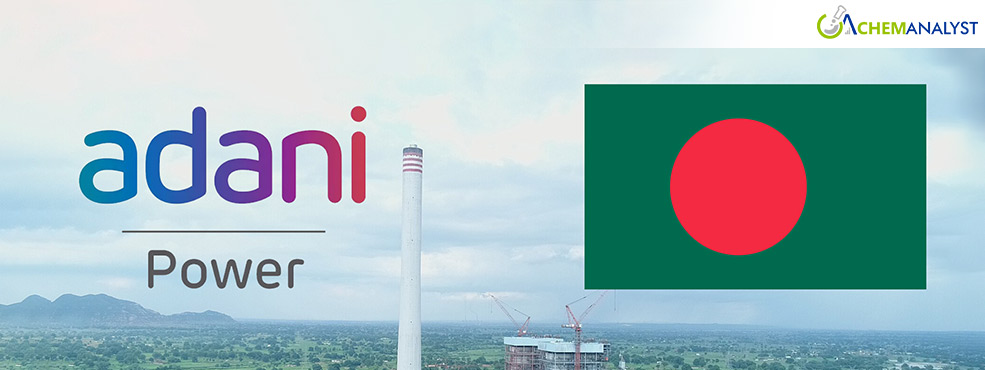Welcome To ChemAnalyst

Bangladesh has significantly reduced its power imports from India's Adani Power, citing lower winter demand and ongoing payment disputes. The move comes as Adani, embroiled in a series of controversies, faces mounting financial pressure.
Adani Power, which supplies electricity to Bangladesh under a 25-year contract signed in 2017, halved its supply to the neighboring country on October 31 due to delayed payments. Bangladesh, grappling with a foreign exchange shortage, subsequently responded by instructing Adani to maintain only half the supply while continuing to settle its outstanding dues.
Adani Power charges the highest rate among all Indian suppliers to Bangladesh. The cost per unit of power from Adani is 14.87 taka, significantly higher than the average of 9.57 taka for other Indian suppliers. This price disparity has forced the Bangladeshi government to subsidize power consumption, incurring an annual cost of 320 billion taka ($2.7 billion).
Adani Power has accrued significant debts, estimated to be around $900 million, from Bangladesh. This mounting financial burden has strained the company's operations and increased its cost of borrowing. Despite assurances from Bangladeshi officials regarding payment clearance, Adani remains concerned about the sustainability of its operations.
According to the several news, Adani Power was supplying electricity to the country, even though past dues were a significant concern which made plant operations unsustainable.
Adani is in constant dialogue with senior officials of BPDB and the government, who have assured that company dues will be cleared soon.
Government's Stance and Future Outlook
The Bangladeshi government has expressed its desire to either renegotiate the power purchase agreement with Adani or seek its cancellation through legal channels. The government aims to reduce power prices from all suppliers, including Adani, to levels below the average retail price.
"Because the prices are high, the government has to subsidise," said Muhammad Fouzul Kabir Khan, Bangladesh's power and energy adviser. "We would like power prices, not only from Adani, to come down below the average retail prices."
As the dispute between the two nations unfolds, the implications for energy security and economic growth in both countries remain uncertain.
Adani Group recently came into limelight as its green energy arm Adani Energy was recently slapped by US in bribery allegations. Following the allegations, Kenya suspended all contracts worth $2 billion with the group.
We use cookies to deliver the best possible experience on our website. To learn more, visit our Privacy Policy. By continuing to use this site or by closing this box, you consent to our use of cookies. More info.
